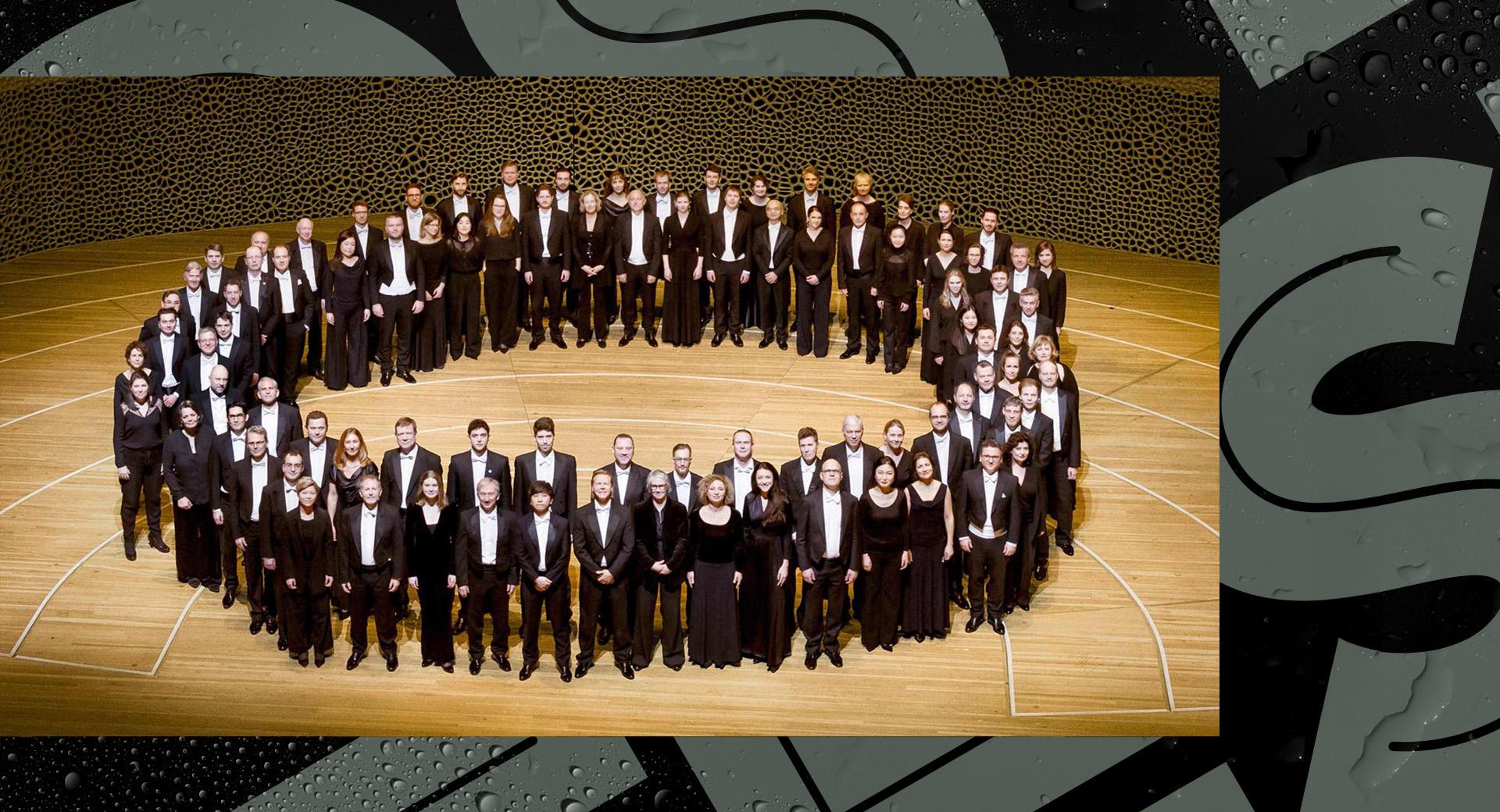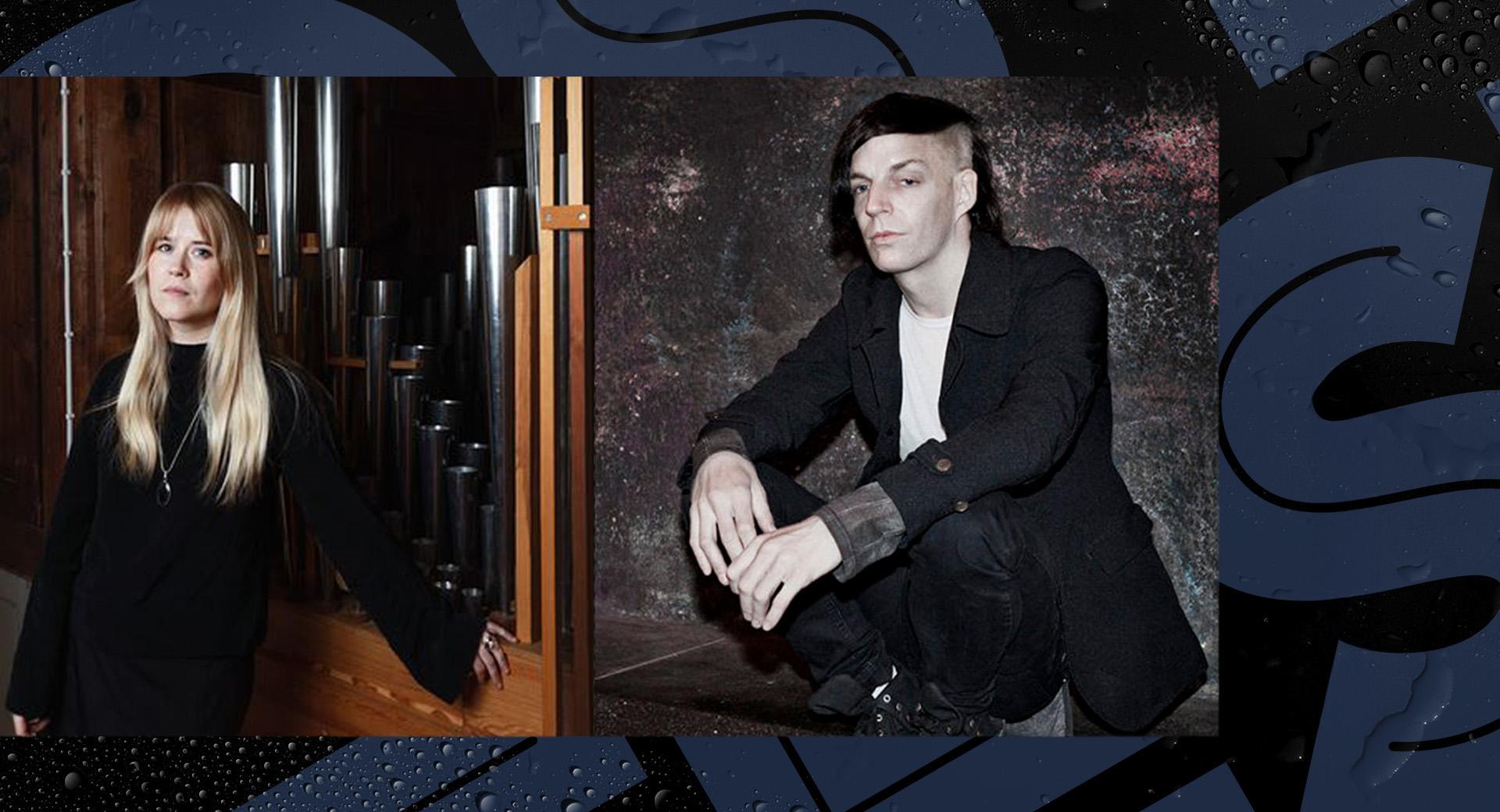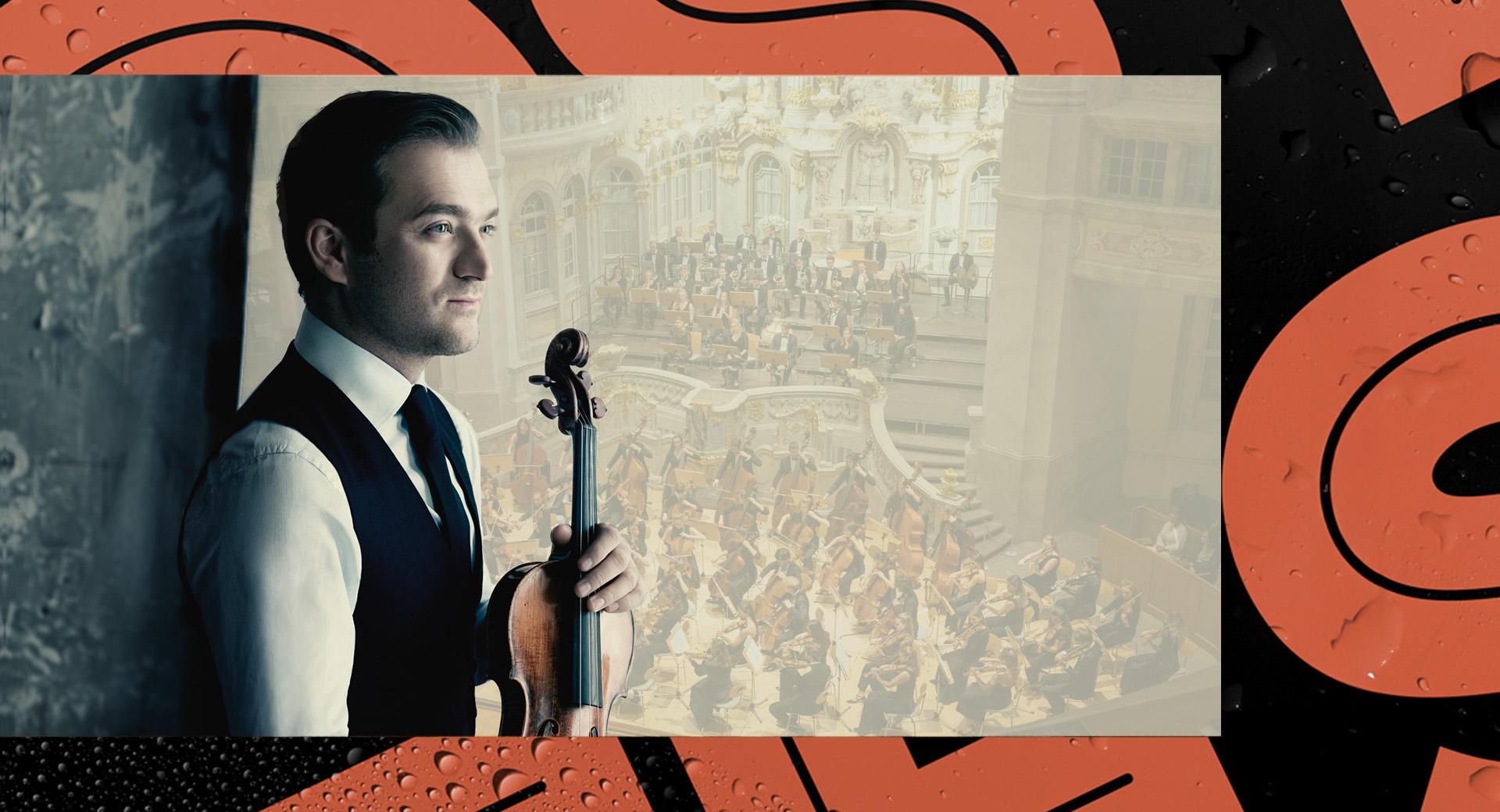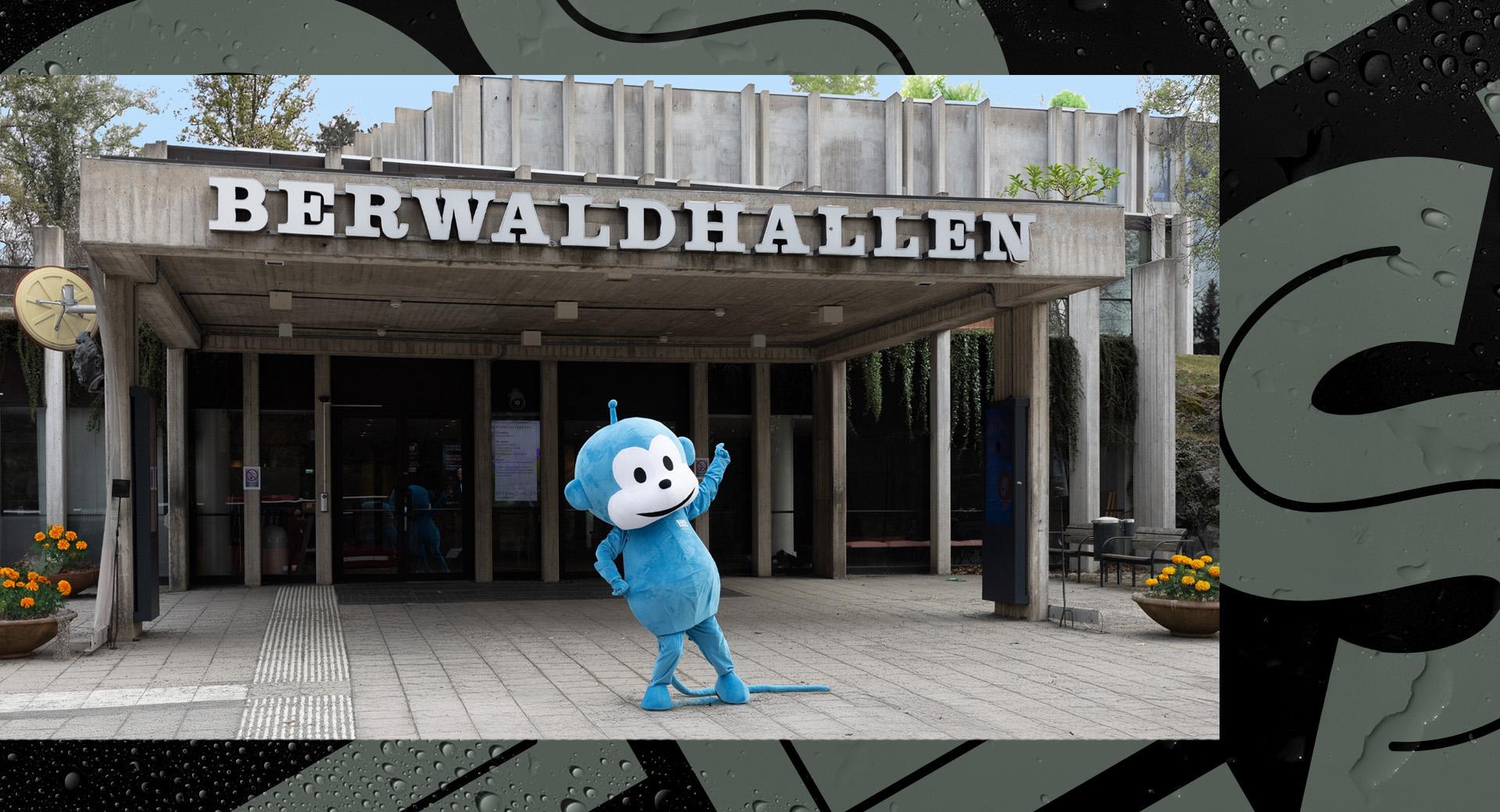Swedish choral music
This production is part of one or more concert series.
The term “Swedish choral music” is readily associated with 20th century choral lyrical poetry. But the term has grown to encompass a repertoire where many composers contribute works with widely different influences. Like Carin Malmlöf-Forssling, who spent most of her life in Dalarna, but gained inspiration and strength from the international peace movement and Indian mysticism. In her vocal music, she would borrow words and terms from Sanskrit, such as Ahimsa, which means non-violence. Ahimsa was commissioned by Swedish Radio and was performed by the Radio Choir in 1993 to celebrate the choir’s 75th anniversary.
Kjell Perder’s Libera me was written as part of the climate opera, Earth and Wind, on which he worked for an EU project where musical drama was to be performed in unexpected places – Libera me was written for Düsseldorf airport. The piece begins and ends a journey of human hubris, from Icarus to the conquest of space leaving us with personal responsibility for a suffering planet. Or, as Gabriella Gullin puts it: “Our deeds not only affect us, but the whole of creation.” In the work commissioned by the Swedish Radio Choir, I Skogen (In the Forest), she borrows from Fröding’s text where he uses nature to describe human feelings and experiences.
Calligrammes is Carl Unander-Scharin’s composition of the French poet and surrealist Guillaume Apollinaire’s poems, from the collection of poems of the same name. The Calligrammes suite includes quite a lot of advanced techniques, but in the fifth movement, titled Mutation, the choir sings the praises of that which changes – and the love that does not. Calligrammes was commissioned by the Swedish Radio Choir and was first performed in May 2017.
From having previously introduced peculiar sounds and instruments in her music, Ylva Skog has recently been interested in more traditional arrangements. In Dalen (The Valley), the Finland-Swedish writer Solveig von Schoultz’s poem inspired her with her personal tone and philosophical outlook, as well as the contrast between them. The contrast in Chinese pop music between conventional melodies and a completely different linguistic expression gave Mattias Sköld the idea of exploring the possibility of new sounds and expressions in choral music. Thus, his first choral piece, We know not where the dragons fly, was set to the writings of the 13th century poet, Liu Ji.
It may feel somewhat limiting to set music to Swedish text if you keep in mind that the practitioners often have a completely different language background. In such cases, you can choose one of the major languages, but you can also create your own. Haya! is sung in “Hayan”, a language invented by Karin Rehnqvist. Haya! was commissioned by Swedish Radio for the Swedish Radio Choir and Stockholm’s upper secondary music school.
Text: Karin Ekedahl



